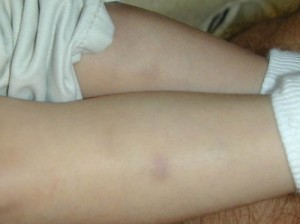What Causes Low Sodium?
Definition
Hyponatremia is a lower than normal concentration of sodium in the blood. Sodium is an electrolyte that helps with nerve and muscle function, and also helps to maintain blood pressure
Causes of low sodium
Narrowing down what causes low sodium can be a complex process. The important thing is to identify why you are not taking in as much sodium as you should, as you need to reverse this condition as quickly as possible. Sodium is important, as it helps the body do everything from regulate its fluid to maintain its blood pressure.
A common cause of low sodium is hormonal changes. When hormones are produced in your adrenal glands, they maintain the balance of potassium, sodium and water in the body. When your body produces too little hormones in the adrenal glands, you may be battling with Addison’s disease, something that also causes low sodium levels. Similarly, if your thyroid is under active this could also cause hormonal changes that result in low sodium levels.
If you consume diuretics like water pills, you could end up with low sodium. This happens because the diuretics cause the body to dispel or excrete sodium. Similarly, if you take an anti-diuretic hormone, you could end up with low sodium, as it results in the body retaining water.
There are some medications that can cause a person to sweat or urinate more than usual. If you are taking such medications as antidepressants, you may have low sodium levels. Also if you are ill and are vomiting a lot or have diarrhea this could lower sodium levels.
Another cause of low sodium is drinking too much water while exercising. When you sweat, you often lose a lot of sodium. Thus, if you drink too much water during intense workouts, such as running marathons, you could dilute the amount of sodium that is in your blood. If you are training for something like a triathlon, it pays to talk to a doctor so that you can monitor your fluids.
There are some health issues that can affect your body’s fluid levels or balance. For example, if you have cirrhosis, a liver disease, it can cause you to retain water. In addition, if you have kidney issues your body may no longer be able to regulate the fluids in your body.






